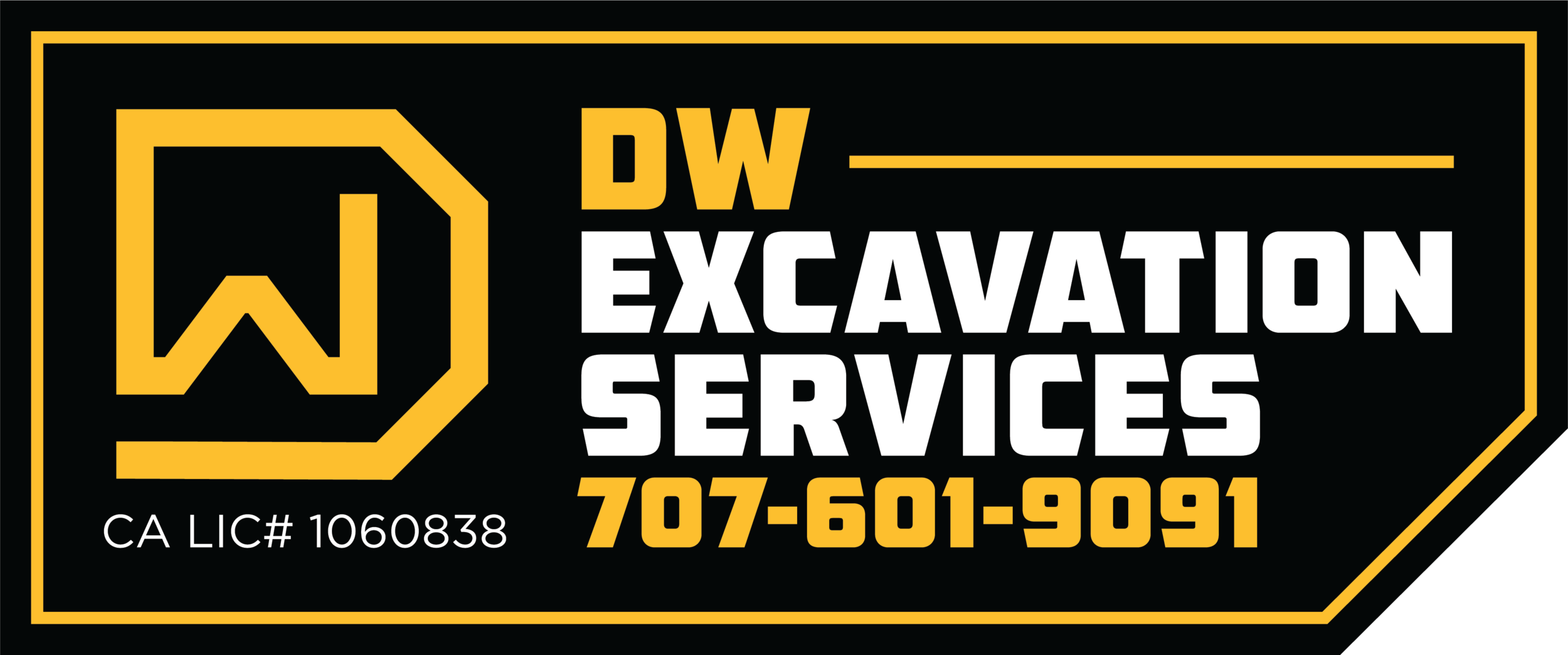The Ultimate Excavating Contractor Checklist for Land Clearing & Grading Start Strong: Why the Right Checklist Matters
Before the first scoop of dirt is moved or a single tree is cleared, every construction or development project begins with one thing: preparation. Land clearing and grading aren’t just about moving earth—they lay the foundation for everything to come. Yet too often, this vital first step is rushed, overlooked, or mishandled.
What can go wrong? Poor drainage, structural instability, permit issues, or safety risks. That's why we've built The Ultimate Excavating Contractor Checklist for Land Clearing & Grading to guide homeowners, contractors, and property developers through the process.
In this blog, you’ll learn:
What to avoid when clearing and grading your land
How to select a professional excavating contractor
Step-by-step breakdowns of the process
Tips to ensure long-term success
Let’s get your project started the right way.
Common Pitfalls in Land Clearing & Grading Projects
Misconceptions and Costly Mistakes
Hiring an excavating contractor isn’t just about who can move dirt the fastest. Many property owners fall into common traps:
Skipping soil analysis: Not knowing your soil type can lead to erosion or unstable foundations.
Overlooking permits: Local regulations often require permits for excavation, especially if it impacts drainage or tree removal.
Poor drainage planning: Improper grading can cause water pooling, structural damage, and landscape erosion.
DIY attempts: Renting machinery may seem cost-effective but leads to safety risks, inaccurate grading, and long-term damage.
Real-World Impacts
According to the National Association of Home Builders, improper grading is among the top causes of foundation issues. Additionally, a report from FEMA notes that poor drainage increases flood risk significantly in newly developed areas.
These mistakes don’t just increase cost—they increase risk. That’s why starting with a checklist and an experienced contractor is critical.
Step-by-Step: How the Process Works
1. Site Assessment and Planning
A qualified excavating contractor starts with:
Topographic survey
Soil testing
Erosion control planning
This ensures the site is safe, code-compliant, and ready for efficient clearing and grading.
2. Land Clearing
Services typically include:
Tree removal & brush clearing
Stump grinding
Rock excavation
Debris hauling
This clears the site and makes it accessible for grading and development.
3. Grading Services
Grading ensures a level base and proper drainage. A professional contractor will:
Establish correct slope for runoff
Compact and level soil
Grade for roads, foundations, or landscape design
4. Drainage Solutions
Often overlooked, drainage planning is key. Services may include:
French drains
Swales
Retaining walls
A good contractor ties this into the grading process, preventing long-term water damage.
5. Final Inspection & Prep
The site is reviewed for:
Code compliance
Stability
Readiness for the next construction phase
This phase helps avoid costly corrections down the line.
Benefits of a Professional Excavating Contractor
Hiring a reputable contractor like DW Excavation, LLC brings immediate and long-term benefits:
Tangible Benefits
Cost Efficiency: Prevents costly rework later.
Speed & Reliability: Projects move faster with expert equipment and skilled crews.
Safety: Reduces risk of injury or property damage.
Compliance: Ensures local codes and environmental standards are met.
Intangible Benefits
Peace of Mind: You know it’s done right.
Future-Proofing: Professional grading prevents future water issues or structural instability.
Real-World Example
One recent client in Santa Rosa faced pooling water and soil erosion due to improperly graded land from a previous contractor. DW Excavation re-graded the property, installed a swale, and resolved the issue in less than a week—saving thousands in potential foundation repairs.
Choosing the Right Contractor: What to Look For
When hiring an excavating contractor, keep the following checklist in hand:
Contractor Checklist
Regional Considerations
Northern California’s diverse terrain—from clay soils to hillside lots—requires tailored excavation strategies. Regulations can also vary by county or municipality, so local knowledge is essential.
According to California Contractors State License Board, hiring licensed professionals significantly reduces legal and financial risks.
FAQs: Excavating Contractor & Grading Services
Q: How long does land clearing and grading usually take?
A: Most residential jobs take 2-5 days, depending on the lot size, tree density, and soil type.
Q: Are permits required for excavation in California?
A: Yes. Permits are usually required for grading, land clearing, drainage work, and demolition. Always verify with local building departments.
Q: What are signs of poor grading on my property?
A: Pooling water, basement leaks, uneven surfaces, or erosion are all red flags.
Q: Can excavation work be done during rainy season?
A: It’s possible but not ideal. Rain can impact soil stability and create unsafe conditions. Contractors may delay for safety or adjust methods.
Q: Is grading necessary if I’m not building a home?
A: Yes. Proper grading is essential for driveways, landscaping, drainage, and erosion control—not just construction.
Ready to Build with Confidence?
Don’t leave your site preparation to chance. A well-executed excavation project sets the tone for everything that follows. With DW Excavation, LLC, you get a licensed, experienced team dedicated to safety, precision, and long-term durability.
Whether you're developing land, improving drainage, or prepping a new foundation, we bring the tools and expertise to do it right the first time.
Contact us today to schedule a consultation or request a quote. Let’s break ground the right way—together.
If you're located in Monterey County, we proudly serve your area and are familiar with the unique grading and drainage needs along California’s Central Coast.
